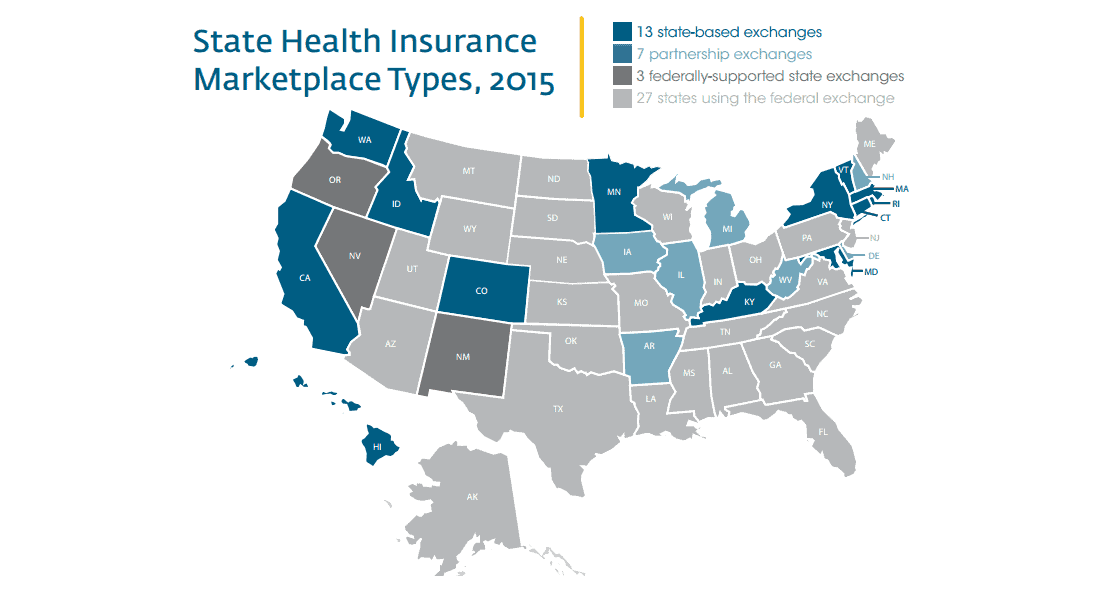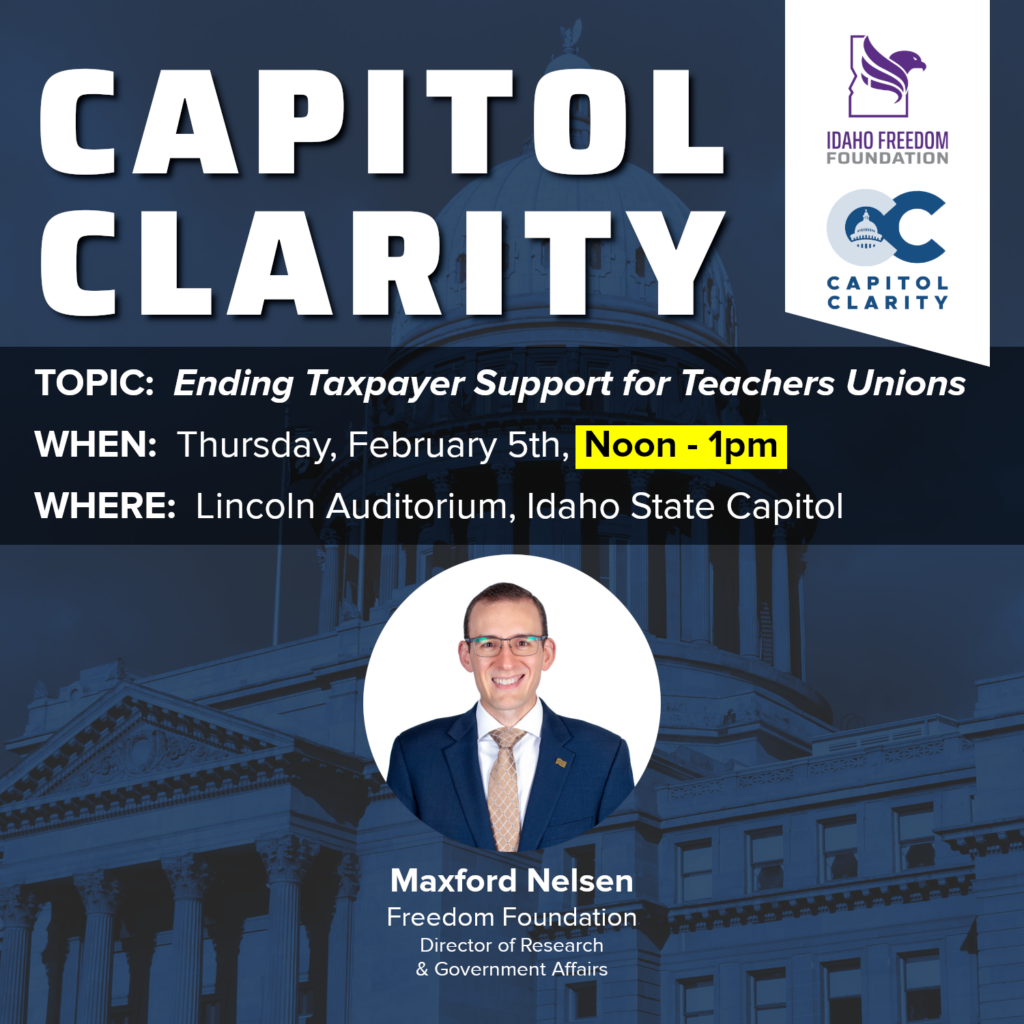


We've been waiting for years now, but the Supreme Court is finally poised to issue an opinion in King v. Burwell. The importance of this case cannot be overstated. Yes, it's important because it impacts millions of people and billions of dollars, but its unparalleled significance stems from the fact that the entire case is based on whether the government should have to follow its own laws.
The case centers on the fact that the Affordable Care Act (aka "Obamacare") explicitly states that federal subsidies will only be available "through an Exchange established by the State." Such subsidies are not authorized for distribution through the federal exchange which a majority of states currently utilize. Despite this clear and unambiguous language, the federal government has—through the IRS—been handing out billions of dollars in unauthorized subsides.
There is no question what the law says. The government's lawyers, of course, have come up with a novel explanation as to what it means. They say that "through an Exchange established by the State" is actually "a term of art that includes an Exchange established for the State by HHS." Other defenders of the government's willful violation of the law claim the language was merely an inadvertent "drafting error."
These types of arguments might sound especially familiar if you are a parent. Kids are typically very good at finding loopholes in language or claiming confusion or misunderstanding as an excuse for their actions. Even so, what the government is currently claiming is so overt, it's more like your kid saying, "Oh, when you said I could use the Toyota to drive to school, I thought you meant I could use the BMW to go to the mall."
No. The wording of the law leaves no room for ambiguity or misinterpretation. The IRS is (much like a teenager) blatantly ignoring the law and doing what it wants instead.
It's no surprise that the government is so desperate to win this case. An appropriate ruling against the IRS in King v. Burwell has the potential to free up to 60 million Americans from Obamacare's individual and employer mandates. This would set the stage for Congress to reopen the entire healthcare debate and enact fixes not just for the states which don't have state exchanges, but for all Americans who have been languishing for years now under the burdens of Obamacare.
Sadly, Idaho is one of those foolish states which set up a state exchange—against the advice of IFF, Cato, and many others, I might add—and as such, Idahoans will still be subject to the individual and employer mandates even if the Supreme Court invalidates the federal government's law breaking. The Idaho Legislature will still need to admit its mistake and repeal the state exchange in order to free us from the tyranny of Obamacare.
Repealing Idaho's imprudent state exchange would make sense regardless of the impending court decision, but failing to do so even after a decision against the IRS would be truly mind-boggling. Let's hope that both the Supreme Court and the Idaho Legislature make the right decisions, and begin to reverse the damage that the government takeover of healthcare has wrought on our nation and our state.



